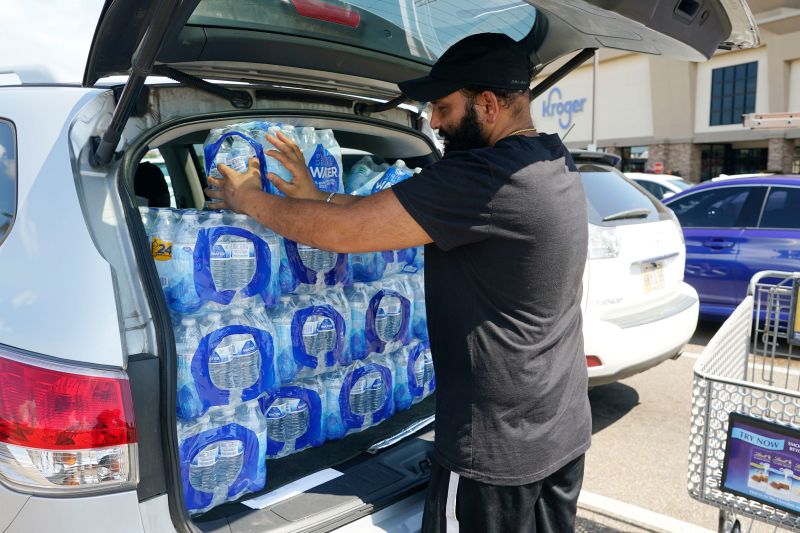The VERY BEST forum on solar, especially DIY here:
Love building DIY solar electric projects? Come hang out :D

diysolarforum.com
Will Prowse also has a ton of how-to vids on a very popular YT channel. Check 'em out.
A couple of take aways from the comments here...
1. No one cares about manufacturing - they want free power. Buy quality components from reputable distributors.
2. You need to be in your home for a sufficient time to get a return on your investment.
3. Installation costs have come down dramatically in the past 5-10 years. ROI can be as little as 4-6 years.
4. You want to OWN the system, not pay for power from someone that installs them - no more power purchase contract - that's an old model that doesn't best benefit the user.
5. Component durability is good - the panels are a very mature industry with good components and warranties - residential type/grid-tie large format panels carry a 25 year warranty.
6. The rest of the components generally carry a 10-year or longer warranty, like inverters and such. If you're concerned with longevity budget for replacement of those things midway over the 25 year expected life of the system.
7. Vertical mounting is okay where there's snow - every place else orients them to the sun.
8. Ground mount is a much easier installation and easier maintenance, but most people don't have the space for that so they go on the roof.
I did a substantial power upgrade with lifepo4 battery and solar on our Winnebago motorhome - very happy and got a ton of help with it over there. We never did the house cuz we always planned to move when I retired. The new place will likely have an off-grid type system to supplant energy usage.
If you want the nitty-gritty of solar, go visit the DIY solar forum - the members there have dug into this thoroughly, and can even help you plan and design your own system, be it grid-tie, off-grid, or a hybrid. Tons of info there.





